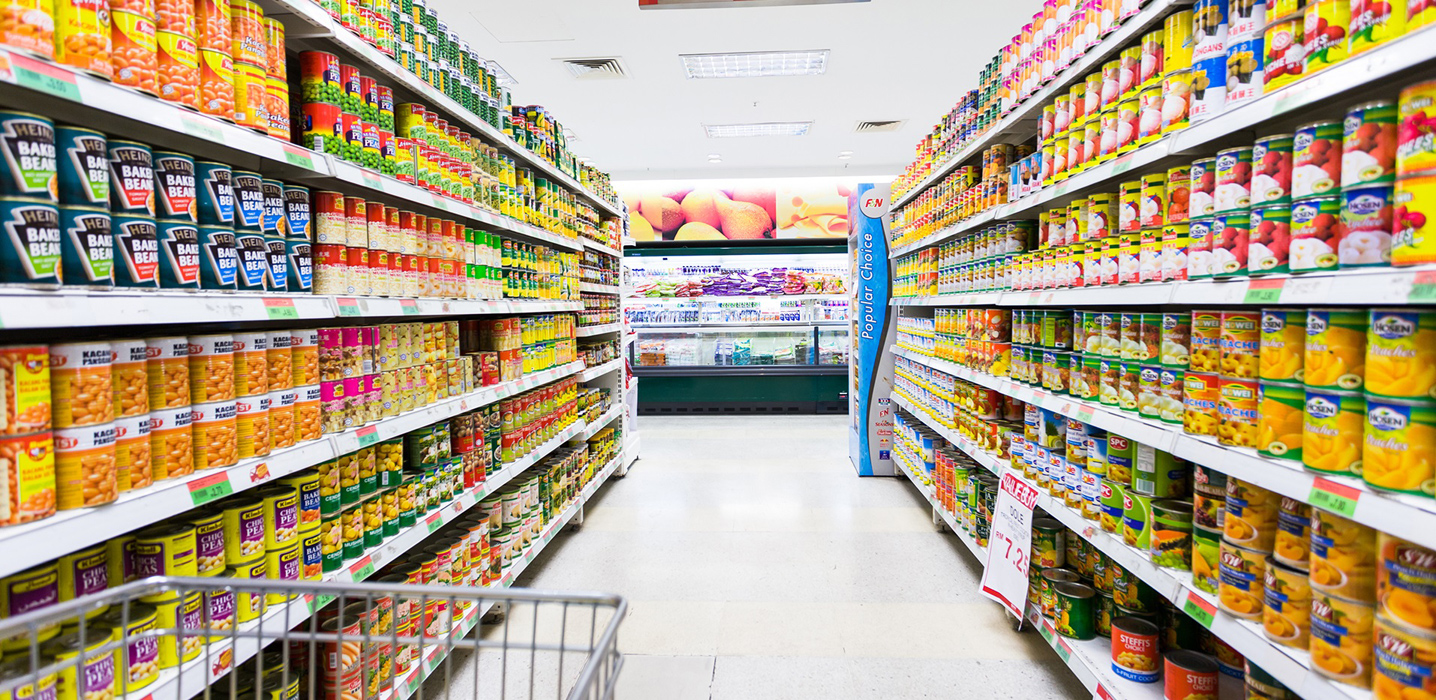Your Product for Their Stores
If you are a young brand considering a future in the retail world, there are many things to consider before jumping right in. Whether it be a local store or a retail chain, one of the most important steps when trying to get your product in stores is your product pitch. A pitch can make or break your chances of getting into the store of your choosing. To make sure you nail your pitch, make sure you know the answer to these major questions:
- What makes your product different?
- How do you distribute your product?
- What is your retail cost?
- Will your product sell?
1. What Makes Your Product Different?
Retailers are looking to fill a gap in their department, but this void can not be filled by just any product. Your product needs to stand out among the rest, especially if you are in a market with many competitors – to truly stand out, consider these further questions:
Is Your Product Packaging Interesting?
Look at your competitors for design ideas, then make sure yours is a step above. Sometimes revamping packaging to make it interesting and more compatible with your preferred store is all it takes to pop out on the shelf.
Do You Have Brand Equity?
Bring something to the table. Having a strong following on social media can give you an upper hand. Retailers favor those who already have a new customer base to bring to their stores.
What’s The Competitive Landscape?
In a competitive market, the best thing you can do is to know what your competitors are doing, and how you can possibly do it better.
2. How do You Distribute Your Product?
Deciding a mode of distribution can be a difficult choice, but always be sure to have a well developed plan of how you will distribute your product to the retailer. Consider all of the options available and determine if you are going to hire a distributor or handle all supply yourself.
Direct Distribution
Managing and organizing your own supply has many benefits, including a shorter and often less costly process, according to Investopedia. For young brands, this can be the best option available until you can afford the cost of outsourcing. One downfall of direct distribution is the limited channel options due to the increased cost that comes with increased customer reach.
Finding a Distributor
Going through a distributor can be the easiest option – it eliminates some of the hurdles associated with supply on your end. Not to mention the fact that retailers often feel more comfortable going through a distributor, especially if they already have a distinguished relationship with that individual. Unfortunately, that sometimes lead to miscommunication about product, prices, and more – ultimately you have little control over the final message conveyed to the retailer.
3. What Is Your Retail Cost?
Cost is a topic discussed all too often in the retail industry, which is why it is important to know all the pricing options for your product. Think about various pricing strategies you can implement, there are many options – from price maximization to price skimming and even psychological pricing.
Retailers are seeking a deal when it comes to adding new products to their stores. Consider offering a lower price to the retailer than the price you offer online price. The retailer could see it as a sign of good faith that your customer base will actually be willing to come in to the store, rather than order online.
4. Will Your Product Sell?
It is time for the biggest challenge of all: proving your product is going to sell. A question like this can also go along with your brand equity. You need to be able to show that your product or services are something your target consumer will want.
Providing a sell sheet, a brief two-page document, with product descriptions, patents, sales records, and even customer testimonials is a great way to showcase both the benefits of the product and how well it will sell when it hits shelves. Retailers will be far quicker to trust a brand that is well established and can show its past performance.
Repsly is a mobile-CRM provider empowering brands to grow from where they are today to wherever they want to be tomorrow, in a human, enjoyable way. Repsly’s super-easy-to-use software helps brands like like Vita Coco, Moosehead Brewing, and Altra Running get closer to their customers by simplifying the way their teams in the field collect data, work together, and drive sales. To learn more about why more than 1,000 brands in 75 countries around the world love Repsly, come chat with us at www.repsly.com.

